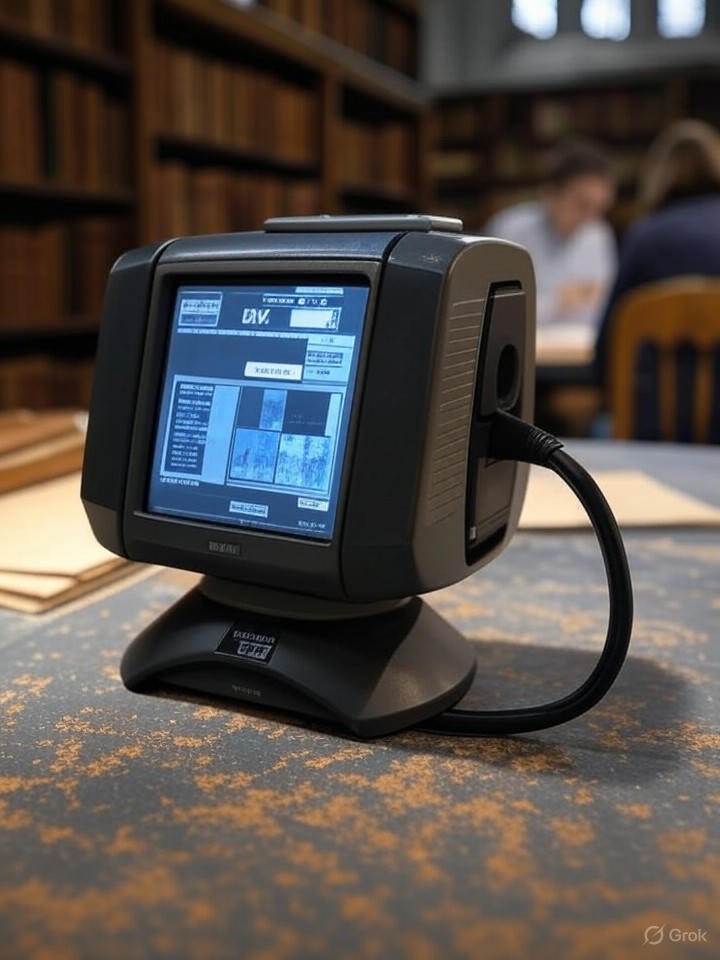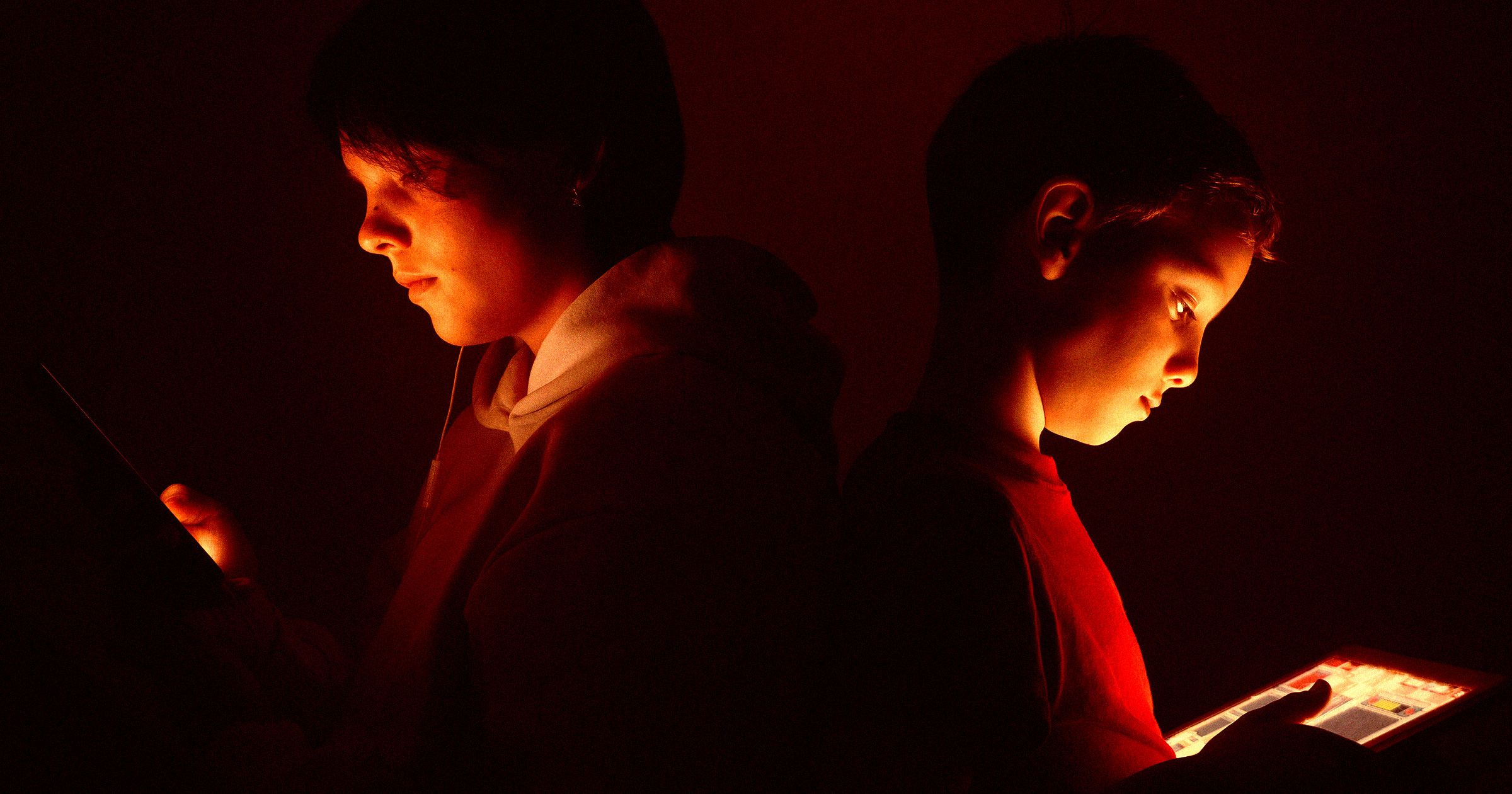On October 9, 2023, the Festival of Floppies took place at Cambridge University Library, bringing together archivists, retro-computing enthusiasts, and conservation experts to address the challenge of preserving floppy disks. This event, part of the Future Nostalgia project, aimed to combat digital obsolescence by focusing on the delicate legacy of these once-popular storage devices.
Participants engaged in hands-on workshops, learning techniques to image floppy disks using advanced tools like the KryoFlux device. This equipment captures raw magnetic flux data, preserving not only files but also the disks’ structural integrity. The festival underscored the pressing need for intervention, as floppy disks are increasingly susceptible to degradation from mold, dust, and magnetic decay. Many of these disks contain invaluable cultural artifacts, including personal letters and early digital art.
Collaboration and Knowledge Sharing
The collaborative spirit of the festival fostered connections across various sectors, including libraries, archives, and gaming communities. Attendees shared valuable insights on topics ranging from ethical considerations in data recovery to effective cleaning methods for contaminated disks. One notable presentation addressed the complexities of non-standard formats, demonstrating how retro-computing hobbyists’ experimental approaches have become essential tools for professional archivists.
Practical sessions focused on disk imaging workflows, highlighting the necessity for standardized best practices in digital preservation. According to a blog post from the Digital Preservation at Cambridge University Libraries, attendees exchanged stories of challenges and successes, including the recovery of data from seemingly irreparable media. This exchange of knowledge is vital, as floppy disks often come from collections donated by retirees or estates, sometimes containing historically significant documents, such as those belonging to Stephen Hawking.
Preserving Digital Heritage Through Innovation
Technical demonstrations showcased preservation tools that surpass standard consumer-grade USB drives, which often fall short in terms of reliability. The KryoFlux, for example, enables bit-level imaging, generating precise digital replicas that can be analyzed and migrated to contemporary formats. Participants also explored software like the HxC Floppy Emulator, which facilitates access to locked files by emulating older hardware environments.
Discussions extended to the broader implications of digital heritage preservation, weighing the environmental impact of maintaining physical media against the potential benefits of migrating to cloud storage solutions. The festival celebrated floppy disks not only as technological artifacts but also as gateways to personal and cultural narratives, with artistic installations reflecting the aesthetics of the digital era.
Looking forward, the Festival of Floppies serves as a model for similar initiatives globally, addressing concerns about a potential “digital dark age.” By documenting workflows and sharing resources, Cambridge aims to empower smaller institutions that may lack specialized equipment. Leontien Talboom, a key figure in Cambridge’s digital preservation team, highlighted success stories from the library’s own collections, including unpublished manuscripts and early software prototypes.
The legacy of this event extends to advocating for increased funding and training in digital preservation, ensuring that today’s valuable data does not fall into tomorrow’s obsolescence. As floppy disks gradually fade from use, the knowledge gained at the festival—merging nostalgia with technological innovation—provides a blueprint for safeguarding our evolving digital heritage. This initiative reinforces the notion that preservation is not just about memory; it is also about embracing the future.







